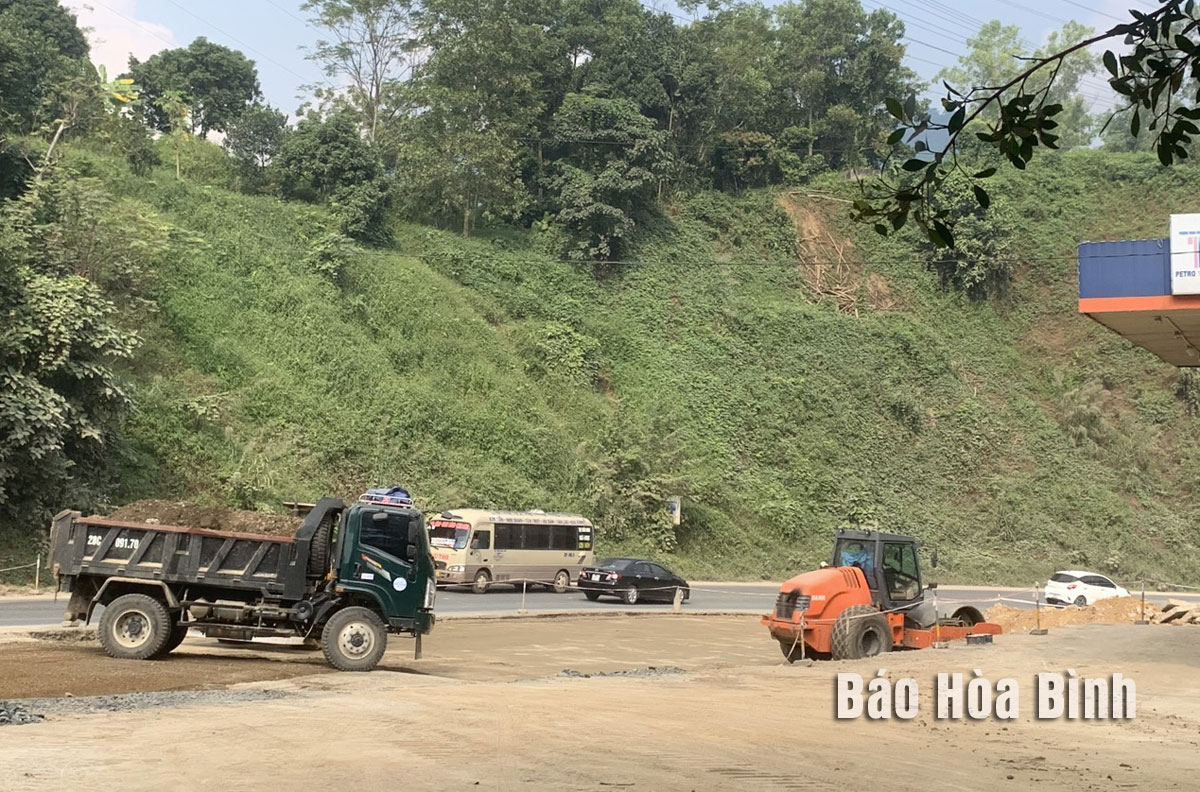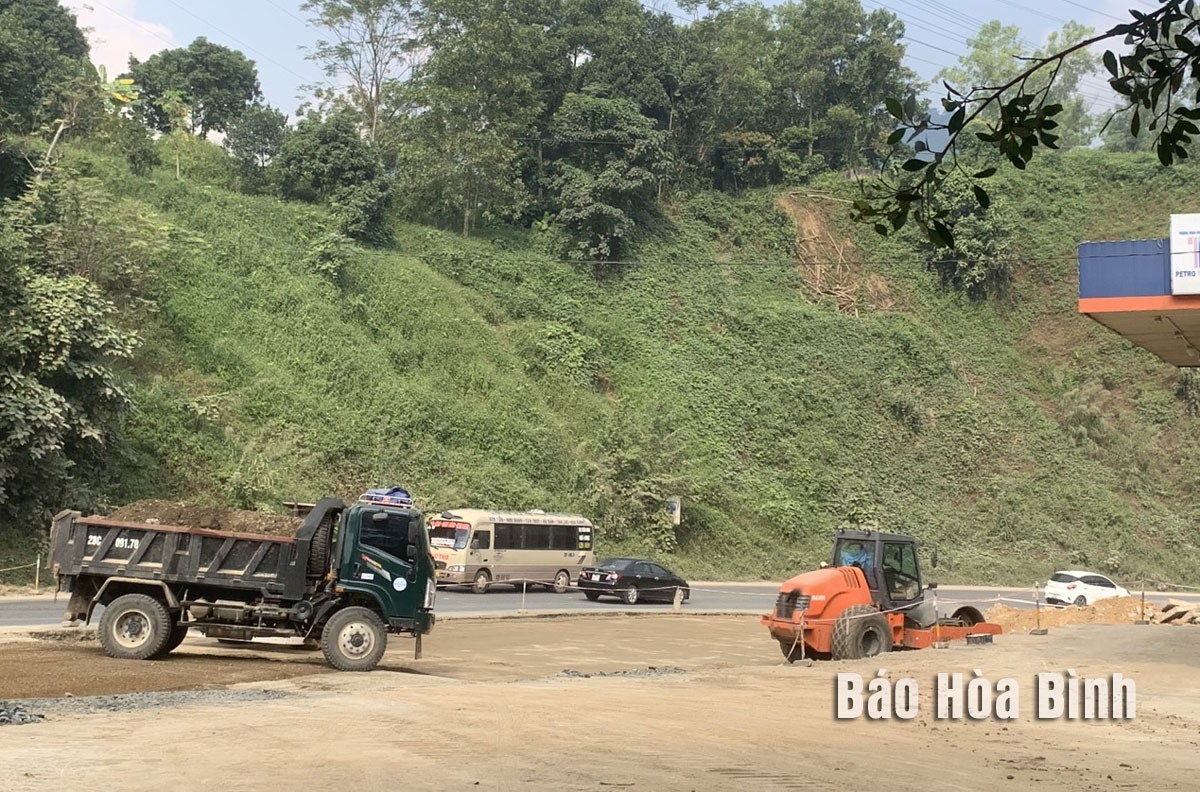
In 2023, the transport sector of Hoa Binh province carried out four road construction projects and repaired 41 road transport works, thereby gradually upgrading the local transport infrastructure network to meet people’s travel demand and serve local socio-economic development.
The provincial Department of Transport is accelerating
a project on dealing with traffic safety risks on Cun slope, which is part of
National Highway 6.
Hoa Binh is currently home to more than 10,998km
of roads, including over 320km of national highways, 491km of provincial roads,
over 340km of urban roads, 17km of specialised roads, 655km of district-level
ones, and over 8,980km in rural areas, according to the provincial Department
of Transport.
Two local river routes are accommodating inland
waterways transport, namely an 103km national inland waterway route along Da
River and a 19km local route on Boi River. Hoa Binh Lake is also home to seven
routes with a total length of nearly 70km. Four terminals and 16 wharves have
been licensed to operate along inland waterways routes in the province.
In 2023, to manage the quality of transport
facilities, the department verified and submitted economic - technical reports
on 15 works to the provincial People’s Committee for approval, compiled
feasibility study reports on nine projects, and made construction drawings and
estimates for eight facilities. The transport projects with verified reports
have been implemented on schedule and in accordance with specialised rules, as
well as the State’s regulations and policies.
Pressing on with upgrading transport
infrastructure and maximising resources for the works, the sector also advised
the provincial administration to focus investment on the key projects expected
to create breakthroughs in socio-economic development.
In addition, the Department of
Transportconducted frequent examinations and asked contractors to ensure
constant management and maintenance of transport infrastructure, checked and
added road signs, proposed measures for ensuring traffic safety, survey traffic
routes to detect hot spots of or areas prone to traffic accidents, and propose
authorities take solutions, the department said.
Thanks to the proper development and protection
of transport infrastructure, many important roads have been built and upgraded.
All communes across Hoa Binh now have roads qualified for car driving accessing
their centres. All district-level roads and 81.69% of communal-level ones have
been paved.
According to data from the Hoa Binh Provincial Party Committee, the industrial production index for the first six months of 2025 is estimated to have increased by 20% compared to the same period last year. This marks the highest year-on-year growth rate for this period since 2020.
In the first six months of 2025, Hoa Binh province’s export turnover was estimated at 1.145 billion USD, marking an 18.11% increase compared to the same period in 2024. Import turnover was estimated at $ 804 million, a 17.15% increase, which helped the province maintain a positive trade balance.
The lives of the ethnic minority farmers in Tan Lac district have gradually improved thanks to the new directions in agricultural production. This is a testament to the collective strength fostered through the professional associations and groups implemented by various levels of the district’s Farmers’ Union.
With the motto the "product quality comes first,” after nearly one year of establishment and operation, Muong village’s Clean Food Agricultural and Commercial Cooperative, located in Cau Hamlet, Hung Son Commune (Kim Boi district), has launched reputable, high-quality agricultural products to the market that are well-received by consumers. The products such as Muong village’s pork sausage, salt-cured chicken, and salt-cured pork hocks have gradually carved out a place in the market and they are on the path to obtaining the OCOP certification.
In the past, the phrase "bumper harvest, rock-bottom prices" was a familiar refrain for Vietnamese farmers engaged in fragmented, small-scale agriculture. But today, a new spirit is emerging across rural areas of Hoa Binh province - one of collaboration, organisation, and collective economic models that provide a stable foundation for production.
Maintaining growing area codes and packing facility codes in accordance with regulations is a mandatory requirement for agricultural products to be eligible for export. Recently, the Department of Agriculture and Environment of Hoa Binh province has intensified technical supervision of designated farming areas and packing facilities to safeguard the "green passport" that enables its products to access international markets.



